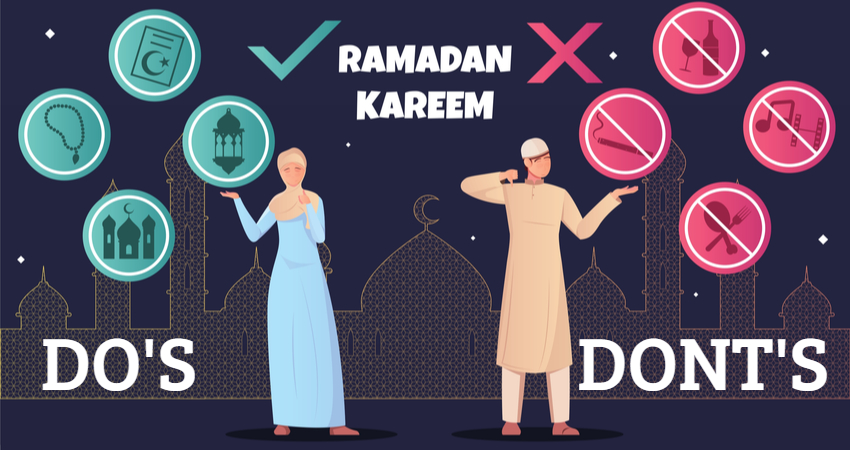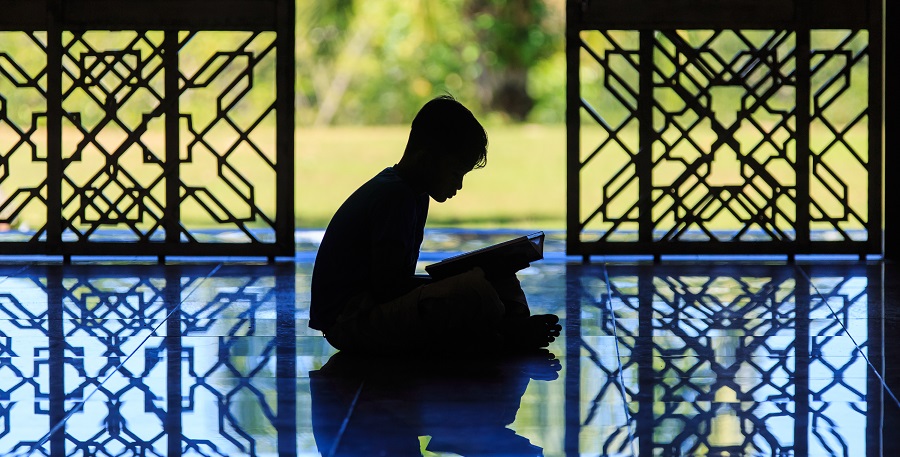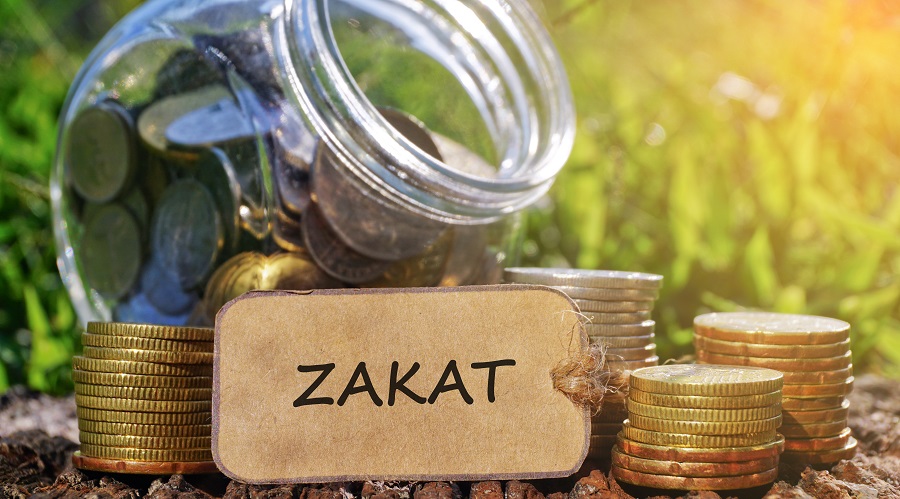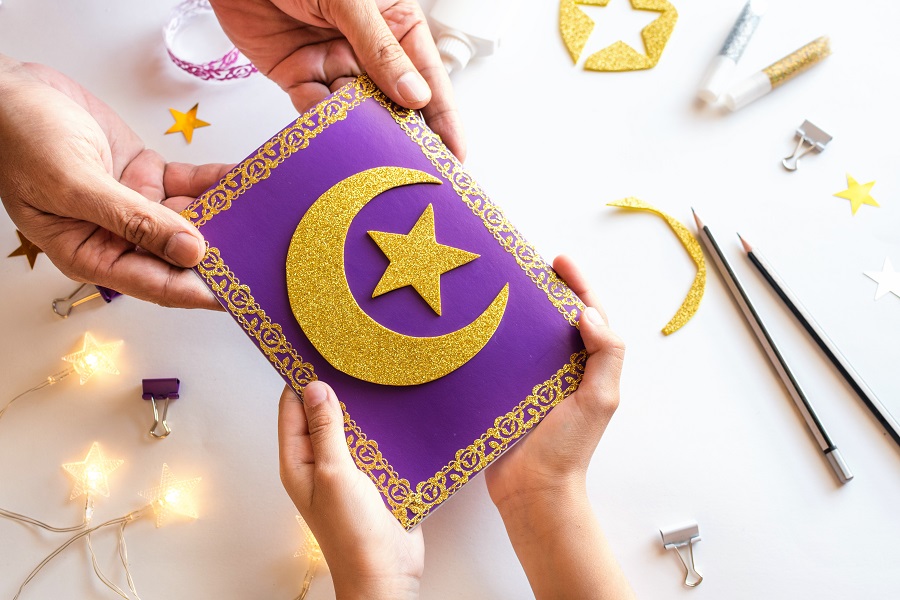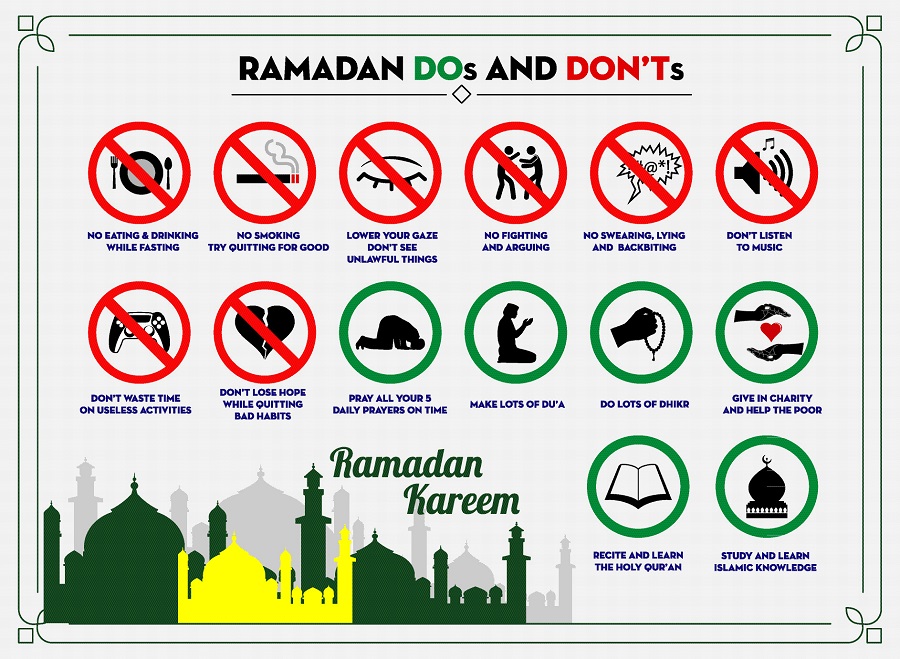The holy month of Ramadan, which is also the ninth month of the Islamic calendar, is of great importance to the Muslim community. During this period, Muslims observe fast from dawn to dusk, in addition to abiding by the preset dos and don’ts of Ramadan. As per the Islamic tradition, it is during this time when the Holy Quran was revealed to Prophet Muhammad.
Considered to be one of the Five Pillars of Islam, this month is known to detoxify the soul and bring one closer to Allah. Lasting for 29-30 days, Ramadan is regarded as the time for spiritual reflection, self-discipline, universal brotherhood, worship and self-control. Muslims consume one meal before dusk, which is known as Sahur, and one meal post sunset, known as Iftar. Many devotees also perform Umrah during Ramadan.
In addition to abstaining from food and drinks from dawn to dusk, there is a lot more to do and abstain from during the holy month of Ramadan. Let’s go through them one by one.
10 Things to do during Ramadan
All about goodness, patience and forgiveness, here are the things that one should do during the holy month of Ramadan.
- Recite the Quran: Ramadan is a time to communicate with the Almighty. Being the month when the holy book was revealed Prophet Muhammad, Ramadan is when one should recite the Holy Quran as many times as possible. People should recite and reflect on the verses of holy Quran in their lives.

- Offer prayers: During Ramadan, all Muslims must offer Salat, which implies offering prayers five times a day. Salat is one of the Five Pillars of Islam and helps Muslims to seek Allah’s forgiveness and guidance. These prayers are known as Salat al-fajr, Salat al-zuhr, Salat al-‘asr, Salat al-maghrib and Salat al-‘isha. Muslims should perform Dhikr meaning appreciating Allah through their prayers. Muslims should pray for the health and prosperity of their family.
- Observe fast: Fasting during Ramadan is considered to be one of the best practices as per the Islamic culture. It is also said that during the month of Ramadan, there is an increase in the spiritual rewards of fasting. Fasting is one of the five pillars of Islam; hence, should be observed with utmost sincerity and faith in Allah.
- Do charity: This holy month encourages brotherhood and compassion, and hence, make sure to offer some percentage of your wealth to those in need. Muslims should donate to cater to the requirements of poor and needy during the holy month Ramadan and also for the whole year.

- Practice self-discipline and self-control: During the month of Ramadan, embrace the community spirit of compassion, self-control and self-discipline.
- Maintain celibacy: Ramadan is the time to indulge in prayers and create a stronger bond with the Almighty. Hence, the community maintains celibacy during this pious period.
- Show respect: One must be tolerant, compassionate and forgiving, as this is what Ramadan aims to teach us. The month of Ramadan promotes brotherhood and unity among the Muslim communities around the world.
- Dress appropriately: Modesty is the key, so it is better to dress appropriately by avoiding ill-fitted clothes.
- Wish your friends: Wishing friends and family members, enjoying family meals and time with each other, and giving gifts at Iftar are common traditions of Ramadan.

- Encourage Unity: Ramadan is the time to promote unity among friends, family and community as a whole. Pray and eat together, as it helps strengthen the bond.
What not to do during Ramadan?
Among the dos and don’ts of Ramadan, the next we look at the don’ts. Here are some Ramadan don’ts, which one needs to abstain from during the holy period of fasting.
- Don’t consume food/water during the fasting period: Fasting is considered to be the most significant element of Ramadan, which is why you need to abstain from eating and drinking between dawn and dusk. After sunset, Muslims who observe Ramadan fast should not drink water or eat food before the Maghrib Azan. Further, smoking and forceful vomiting are not allowed in Ramadan. Doing this can break their fast or nullify their fasting before and after it.
- Don’t hold grudges: Ramadan is all about forgiveness, which is why you shouldn’t hold grudges against anyone. During this period, forgive and ask for forgiveness from the Almighty. Therefore, Muslims should focus on positive things during Ramadan. Additionally, it is a great sin for fasting Muslims to engage in illegal or criminal activities.
- Don’t chew gum: During Ramadan, it is best to refrain from chewing gum or indulge in smoking.
- Don’t listen to loud music/songs: Respect the sentiments of those who are fasting or praying during this holy period. Listening to songs on a loud volume can cause hindrance and is not acceptable during Ramadan. Hence, play music on your headphones so that it is not audible to those around you.
- Don’t waste time: Ramadan is a pious period, and hence, you should utilise your time constructively, rather than wasting it by watching TV, shopping or oversleeping. Indulge in praying to Allah and nurture discipline.
Duas for the first ten days of Ramadan
- “Allahumma barik lana fi Rajab wa Sha’ban wa balighna Ramadan”
(O Allah, bless us in Rajab and Sha’ban and enable us to reach Ramadan) - “Allahumma innaka ‘afuwwun tuhibbul ‘afwa fa’fu ‘anni”
(O Allah, you are pardoning and you love to pardon, so pardon me) - “Allahumma salli ‘ala Muhammad wa ‘ala aali Muhammad kama sallayta ‘ala Ibrahim wa ‘ala aali Ibrahim innaka Hamidum Majid. Allahumma barik ‘ala Muhammad wa ‘ala aali Muhammad kama barakta ‘ala Ibrahim wa ‘ala aali Ibrahim innaka Hamidum Majid”
(O Allah, send blessings upon Muhammad and the family of Muhammad, as You sent blessings upon Ibrahim and the family of Ibrahim. Verily, You are praised and magnificent. O Allah, bless Muhammad and the family of Muhammad, as You blessed Ibrahim and the family of Ibrahim. Verily, You are praised and magnificent) - “Allahumma inni as’aluka bi-rahmatika al-lati wasi’at kulla shay’in an taghfira li”
(O Allah, I ask You, by Your mercy which encompasses everything, to forgive me)
Dua for the mid ten days of Ramadan
“SubhanAllahi wa bihamdihi, subhanAllahil adheem”
(Glory be to Allah and all praise is due to Him, glory be to Allah, the Most Great)
Duas for the last 10 days of Ramadan
- “Allahumma innaka ‘afuwwun tuhibbul ‘afwa fa’fu ‘anni”
(O Allah, You are pardoning and You love to pardon, so pardon me) - “Allahumma inni a’udhu bika minal ‘ajzi wal kasali, wal bukhli, wa ghalabatid-dayn wa qahrir-rijal”
(O Allah, I seek refuge in You from helplessness, laziness, miserliness, the burden of debt, and from the overpowering of men) - “Allahumma innaka ‘ala kulli shay’in qadeer wa anta hasbuna, fa ni’mal wakil”
(O Allah, You have power over all things, and You are sufficient for us, and what an excellent guardian You are) - “Allahumma ajirni min al-nar”
(O Allah, protect me from the Fire)
Ramadan is not only about abstaining from food and drinks, but also maintaining discipline, peace and unity. It is a time when your heart and soul should be at one with the Almighty. Follow these dos and don’ts of Ramadan diligently. Try to maintain unity and brotherhood in the community, in addition to aiming for self-restraint and discipline.
Dos And Don’ts of Ramadan FAQs
What are the 10 things to do during Ramadan?
Ten things to do during Ramadan – recite the Quran, offer prayers, observe fast, do charity, practice self-discipline and self-control, maintain celibacy, show respect, dress appropriately, wish your friends, and encourage unity.
When is the holy month of Ramadan according to the Muslim calendar?
According to the Muslim calendar, Ramadan is celebrated in the ninth month of the year.
What are the things that shall not be done during Ramadan?
Things that one should not do during Ramadan – don’t consume food/water during the fasting period, don’t hold grudges, don’t chew gum, don’t listen to loud music/songs, and don’t waste time.
Why is Ramadan celebrated?
Ramadan is celebrated for the revelation of holy Quran to Prophet Muhammad (PBUH) durign the month.
What is Ramadan?
Ramadan is the ninth and the holiest month in Islam. The month is celebrated with day-long fasting during the month for the revelation of the first verses of the holy Quran.
Why is Ramadan important?
Ramadan is important for the fact that the first few verses of the holy Quran was revelead in this month.
When is Ramadan 2024?
The month will begin from 10th March 2024 and will end on 9th April 2024.
Where is Ramadan mentioned in the Quran?
Ramadan is mentioned in the Holy Quran in the verse: The month of Ramadan that is in which was revealed the Quran, a guidance for the people and clear proofs of guidance and criterion. (Quran 2:185)
What are the first ten days of Ramadan for?
The first 10 days of Ramadan are known as the Ten Days of Mercy, where Allah forgives the sings of Muslims all around the world and show mercy towards believers of Islam.
What are the last ten days of Ramadan for?
The last 10 days are known as the Ten Days of Virtue of which one of the odd nights holds the most blessed night of Laylatul Qadr.
What is Iftar?
Iftar is the evening meal that Muslims takes during the month of Ramadan to break the day-long fast.
What is Sahur?
It is the meal during the month of Ramadan that is consumed early before the daybreak and before starting the fast.
What is Tarawih?
Taraweeh is a special prayer offered at the night during the month of Ramadan. It is offere between the Isha and Sahur.
What is the Night of Power in Ramadan?
The Night of Power in Ramadan is the night when the holy verses of Quran were first revealed to Prophet Muhammad (PBUH).
Is smoking permitted during Ramadan?
No, Smoking is strictly prohibitted during Ramadan.



